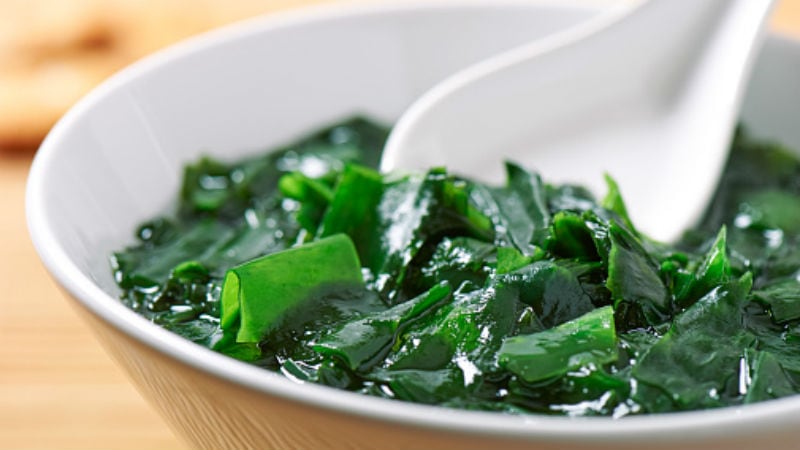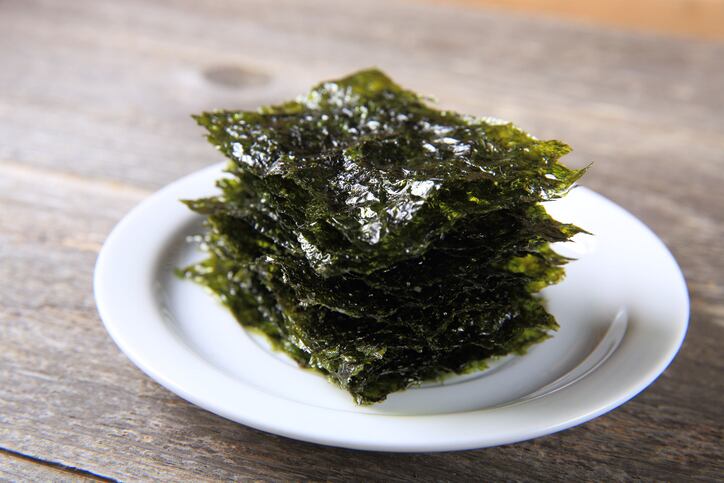Wakame Fresh has received this funding under the New Zealand Ministry of Primary Industry’s (MPI) Sustainable Food and Fibre Futures programme, a NZ$40mn (US$25.7mn) fund aimed at ‘supporting problem-solving and innovation in New Zealand’s primary sector by co-investing in initiatives that make a positive and lasting difference’.
According to Wakame Fresh Managing Director Lucas Evans, the seaweed may be a ‘bit of a nuisance’ in New Zealand, but it is extremely popular in countries such as Japan as a staple food item.
“Wakame (Undaria) was introduced into New Zealand in the 1980s and became a bit of an invasive species – I’ve heard that it does this like compete with mussels for nutrients, but its more of a bit of a nuisance than anything else,” he told FoodNavigator-Asia.
“In Japan though, it’s a staple of the Japanese diet, and more importantly the country itself is not producing at the quantities and quality they used to due to environmental and other factors, so there’s not enough of it to go around.”
The Japanese consume wakame in a myriad of dishes, in miso soup to salads, ramen, sushi and more.
“They’re importing the vast majority of their supply from China and Korea, but there are sometimes concerns with regard to quality and impurities, so they are looking for alternate sources – we were approached by a Japanese company interested in importing from New Zealand a few months back,” he said.
New Zealand is known for its clean water, and Evans added that as a result, locally-produced wakame is as a result prized for being clean and of high quality.
“What we’re looking at with this project is to focus on traditionally processed salted wakame, and to assess the feasibility of producing this at large scale and exporting the salted wakame product into Japan,” he said.
“We’re now in the final stages of Phase Two, which is concept approval via a limited pilot so as to understand costs, test assumptions and so on. The funding really helped create a collaborative approach with the government in this project.”
Wakame benefits
Despite its reputation as a pest, Evans emphasised that wakame actually brings sustainability benefits to the surrounding ecosystem.
“Wakame can reduce the acidification levels of water, and also has positive symbiotic relationships with aquaculture, so it has a positive impact on the environment and sustainability,” he said.
“It’s also low effort to grow and harvest, and has low impact on the environment – it should be considered especially in times of food shortage as it also has a rich nutritional profile with high levels of iodine, magnesium, manganese, potassium, niacin and many other extracts with health benefits.”
Commercial potential
The project will be moving forth into its Phase Three next year, and will start its commercial pilot in June.
“We’ll significantly increased the quantity of salted wakame produced, and look in-depth into scalability and other product streams,” said Evans.
Other product streams here could include other formats (e.g. dried or with other food items), other applications (nutraceuticals, pharmaceuticals, fertilisers, etc.) and more.
“From the perspective of this project for Japan, the commercial potential we’re looking at is US$3bn a year based on the Japanese seaweed industry alone, because this is such a staple food for this,” he said.
“We’ve also seen good interest in other countries such as Europe and the United States for different seaweed products, especially because of New Zealand’s reputation for clear water.”





